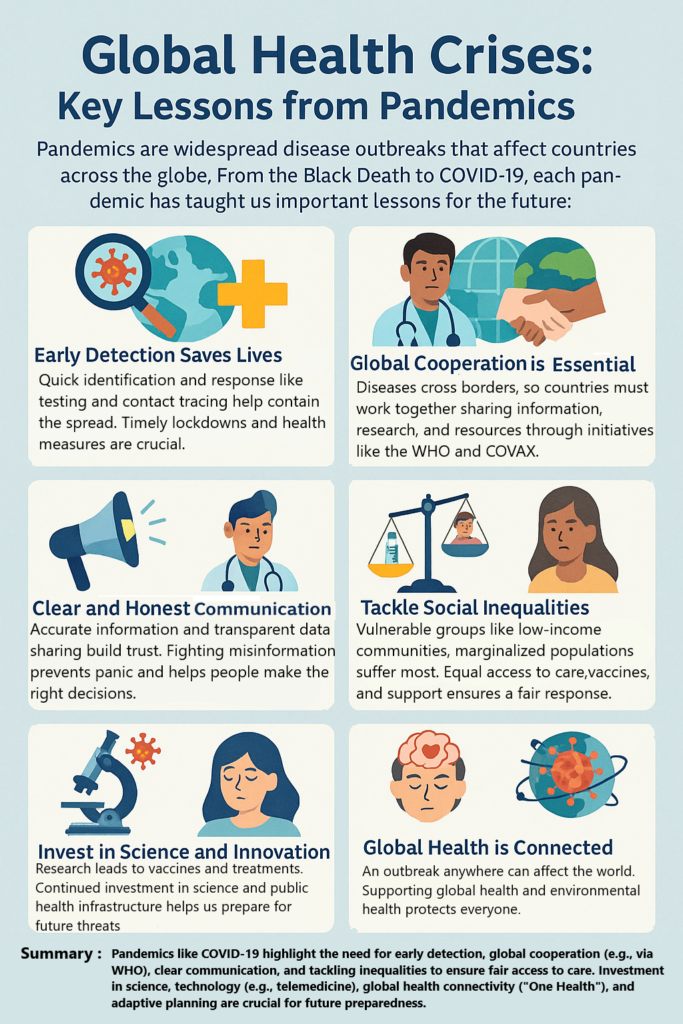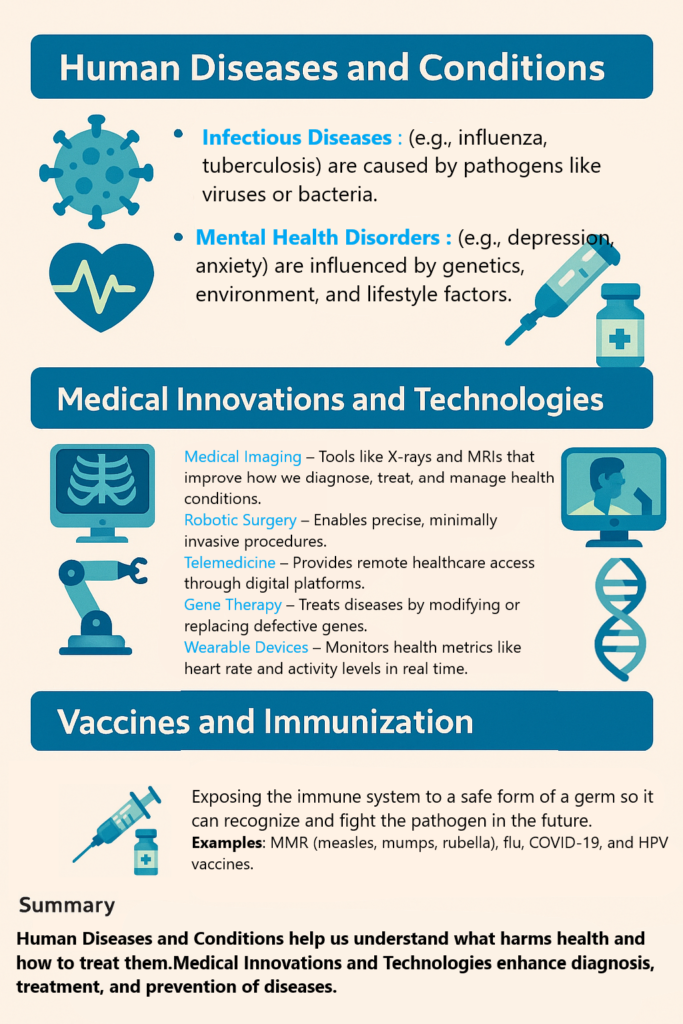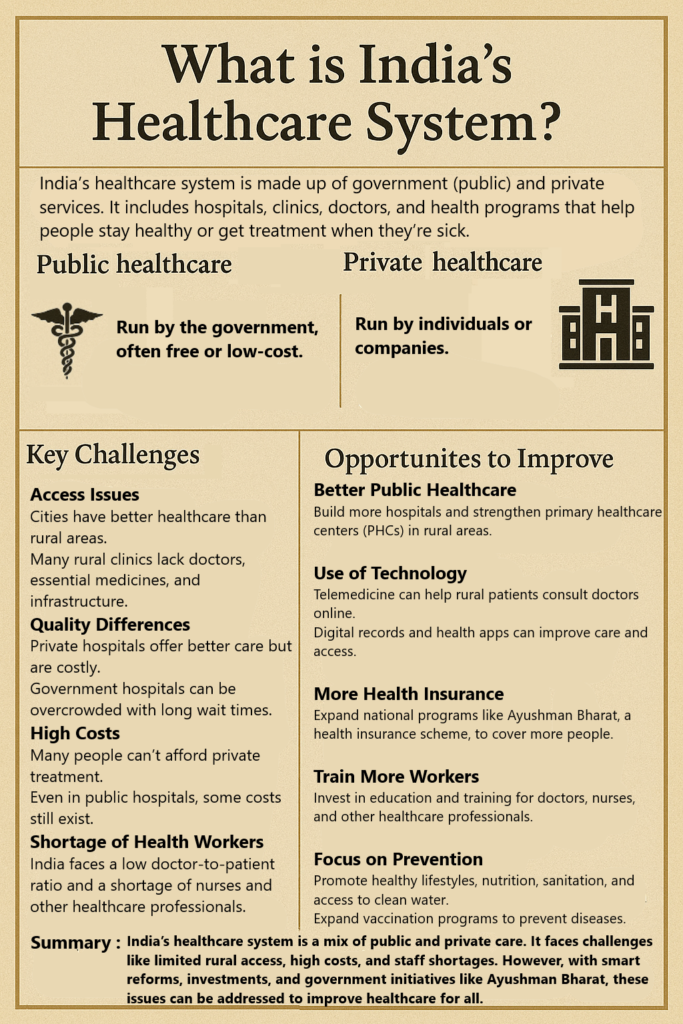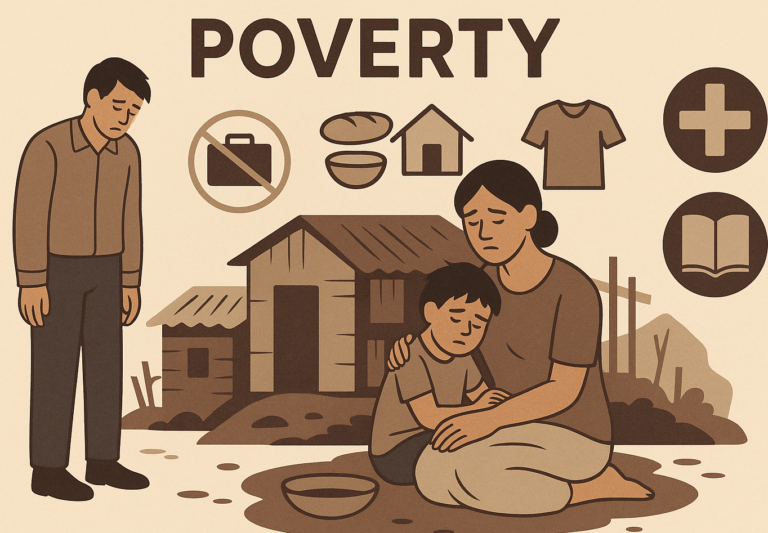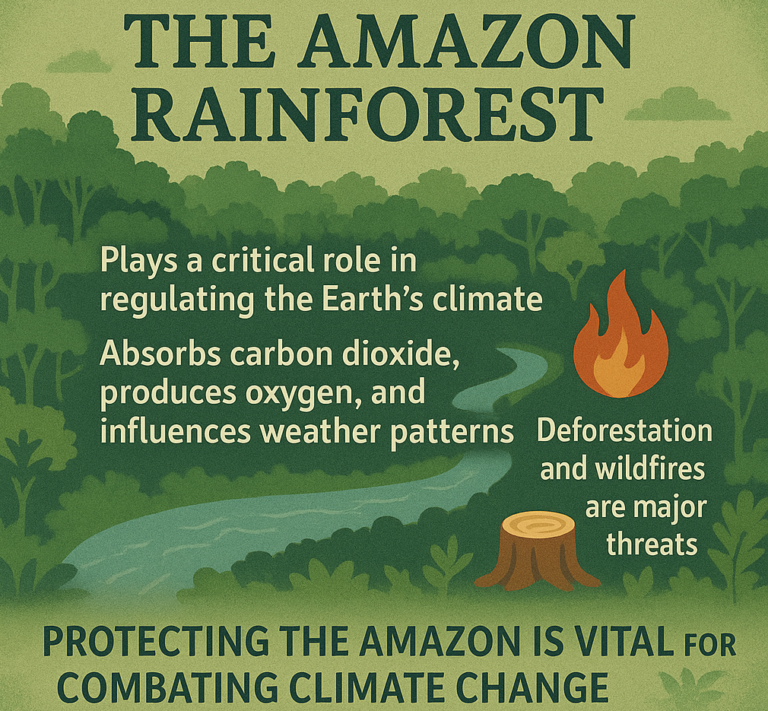What Are International Organizations in Global Health?
International organizations in global health are groups that work across countries to improve health and prevent diseases worldwide. These organizations bring countries together to address health problems that go beyond national borders—problems like pandemics, health inequalities, and disease outbreaks that affect large groups of people.

These organizations work with governments, non-profits, scientists, doctors, and other stakeholders to improve healthcare for everyone, no matter where they live.
Key Roles of International Organizations in Global Health
- Setting Global Health Standards
International organizations help set health guidelines and standards that countries can follow. This includes rules for preventing the spread of diseases, promoting healthy lifestyles, and improving healthcare systems. For example, the World Health Organization (WHO) creates recommendations for vaccinations, food safety, and how to handle health crises. - Coordinating Responses to Health Emergencies
When a disease outbreak or health crisis occurs, international organizations help coordinate a global response. For example, when COVID-19 spread worldwide, the WHO led efforts to track the virus, share information, and help countries get vaccines. They also help countries share medical resources like medicines and protective equipment. - Providing Funding and Resources
Many international health organizations provide money and resources to help countries improve their healthcare systems. For example, the Global Fund to Fight AIDS, Tuberculosis, and Malaria gives money to countries to fight these diseases, especially in low-income areas. This can include funding for hospitals, training healthcare workers, and buying medications. - Research and Knowledge Sharing
These organizations are key players in health research and make sure new discoveries about diseases and treatments are shared worldwide. For example, the World Health Organization (WHO) and other organizations sponsor research to understand how diseases spread and how they can be treated. They make sure this research is shared with all countries to help save lives. - Improving Health Education and Awareness
Many international organizations work to educate people around the world about how to stay healthy. They create campaigns about things like handwashing, vaccination, and safe drinking water. For example, the United Nations Children’s Fund (UNICEF) helps educate people, especially parents, about child nutrition and immunization. - Fighting Health Inequalities
One of the major focuses of international health organizations is to reduce health disparities between countries. This means working to make sure that everyone, no matter their income or where they live, has access to basic healthcare. For instance, organizations like Doctors Without Borders (Médecins Sans Frontières) provide medical care in poor or conflict-affected areas where local healthcare systems may not be strong.
Examples of Key International Organizations in Global Health
- World Health Organization (WHO)
The WHO is the most well-known global health organization. It sets health guidelines, coordinates responses to disease outbreaks, and supports research and education. It also helps countries strengthen their health systems. - United Nations Children’s Fund (UNICEF)
UNICEF focuses on improving the health and well-being of children around the world. It works on issues like vaccination, clean drinking water, and child malnutrition. UNICEF also works to protect children in emergencies. - The Global Fund
The Global Fund is an international organization that raises money to fight AIDS, tuberculosis, and malaria. It partners with governments and other organizations to fund programs that save lives and improve healthcare. - Doctors Without Borders (Médecins Sans Frontières)
Doctors Without Borders is a non-governmental organization that provides medical care in areas affected by wars, disasters, or disease outbreaks. It sends doctors, nurses, and other medical professionals to areas in urgent need of care. - GAVI (Global Alliance for Vaccines and Immunization)
GAVI works to make vaccines affordable and accessible in low-income countries. It helps countries get vaccines for diseases like measles, polio, and Hepatitis B, especially for children who might not otherwise have access. - World Bank
The World Bank helps countries improve their healthcare infrastructure by providing loans and grants for building hospitals, improving sanitation, and training healthcare workers. It also works on reducing health poverty.
Why Are International Organizations Important for Global Health?
- Global Health Problems Need Global Solutions
Health problems like pandemics (e.g., COVID-19), disease outbreaks, and malnutrition don’t stop at borders. An outbreak in one country can quickly spread to others, so it’s important that countries work together. International organizations help coordinate and guide these efforts. - Sharing Resources and Knowledge
Some countries have better healthcare systems than others, but everyone benefits when resources and knowledge are shared. For example, vaccines developed in one country can be distributed globally to save lives. - Supporting Developing Countries
Many developing countries face challenges like lack of medical care, poor sanitation, and high disease rates. International organizations often step in to provide the resources, knowledge, and financial support needed to improve health systems in these countries. - Promoting Health Equity
Not everyone has the same access to healthcare. International organizations work to reduce these inequalities and ensure that people in poor or remote areas can access the care they need.
Challenges Faced by International Organizations in Global Health
- Funding Issues
While international organizations provide funding, the money they receive is often not enough to solve every health problem. Many countries, especially low-income ones, may struggle to meet their healthcare needs. - Political Barriers
Some countries may be hesitant to cooperate with international organizations due to political reasons. This can make it harder to implement health programs, especially in conflict zones or countries with unstable governments. - Cultural Differences
Health solutions that work in one country may not work in another. Organizations must consider local traditions, beliefs, and customs when creating health programs to ensure they are accepted by local communities.
Conclusion
International organizations play a crucial role in global health by helping coordinate efforts to improve healthcare, prevent disease, and ensure that everyone, no matter where they live, has access to health services. They provide funding, share knowledge, and set health standards. They also respond to health emergencies like pandemics and disease outbreaks. However, they face challenges like limited funding, political issues, and cultural differences, which can make their work difficult.

